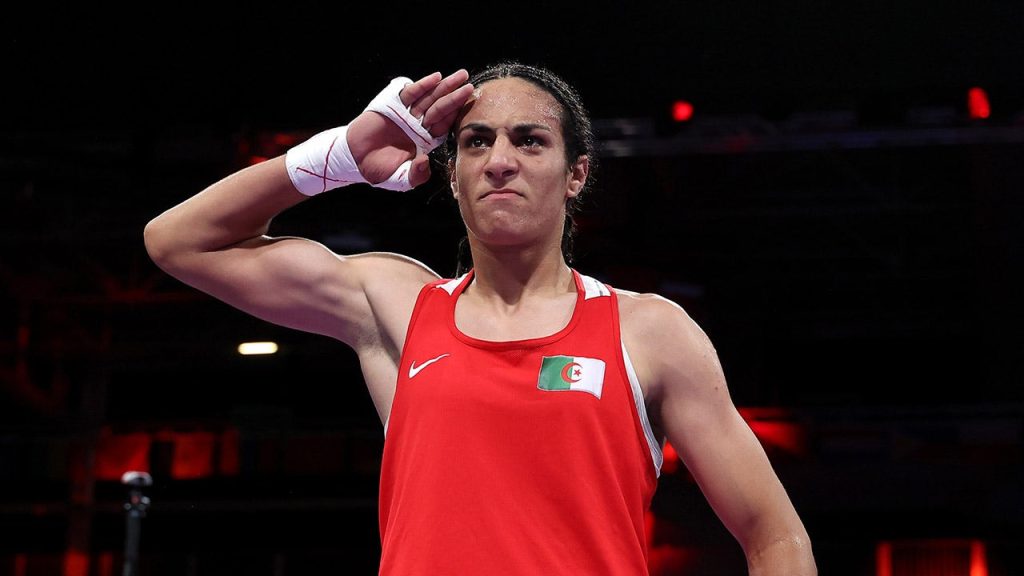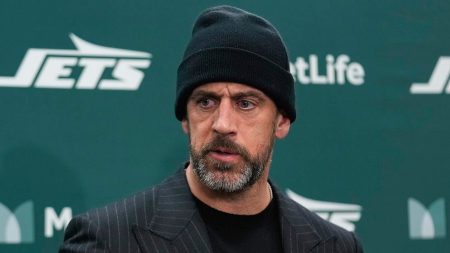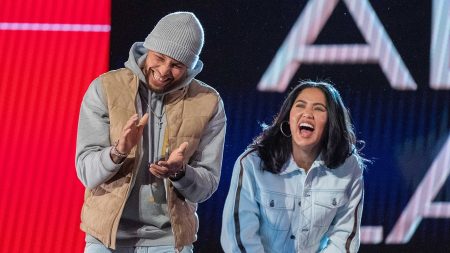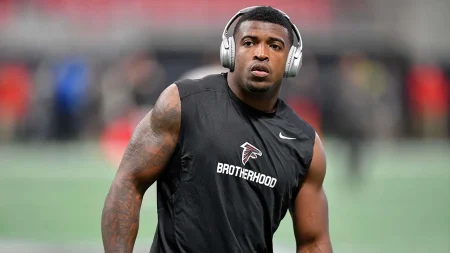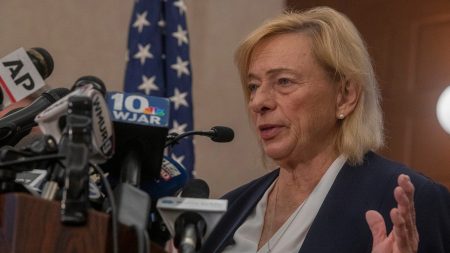Caitlin Clark’s dominance in women’s basketball during the 2022-2023 season culminated in her being named the Associated Press Female Athlete of the Year, a recognition of her exceptional talent and impact on the sport. Clark garnered a significant majority of the votes cast by a panel of sports journalists, outpacing other prominent athletes like Olympic gymnast Simone Biles. While Clark’s victory was resounding, the inclusion of boxer Imane Khelif among the nominees sparked considerable controversy and ignited a broader debate about gender eligibility in sports. Khelif’s presence on the ballot stemmed from her qualification for the Paris Olympics and her subsequent gold medal win at the IBA Women’s World Boxing Championships, an achievement overshadowed by questions surrounding her biological sex.
The controversy surrounding Khelif ignited after she was disqualified from the 2023 IBA World Boxing Championships just before a gold medal bout due to gender eligibility concerns. The IBA president’s public disclosure of Khelif’s “XY chromosomes,” typically associated with biological males, fueled the debate and raised questions about fair competition within women’s sports. This revelation sparked outrage and led some athletes, like Angela Carini, to forfeit their bouts against Khelif, citing concerns about safety and competitive balance. The situation became further complicated when another boxer, Lin Yu-ting from Taiwan, also won gold in a separate women’s weight class at the Paris Championships after having previously been disqualified for failing gender eligibility tests.
The International Olympic Committee (IOC) defended the inclusion of both Khelif and Yu-ting in the women’s events at the Paris Olympics, attributing their prior disqualifications to arbitrary decisions by the IBA. The IOC’s stance emphasized the athletes’ rights and highlighted the need for due process in such sensitive matters. This defense, however, did little to quell the controversy, which continued to generate heated discussions about the complexities of gender identity and its intersection with athletic competition. Khelif’s subsequent gold medal win in Paris, achieved without losing a single round on any scoreboard, further intensified the debate and solidified her position as a central figure in the ongoing conversation.
The fallout from the controversy extended beyond the boxing ring, influencing public perception and generating significant media attention. Khelif became the most Googled athlete of the year, largely due to the controversy surrounding her gender eligibility. This heightened visibility brought the issue of transgender athletes in sports to the forefront of public discourse, sparking discussions about fairness, inclusion, and the evolving understanding of gender identity. The debate also reignited calls for clearer and more comprehensive guidelines regarding the participation of transgender athletes in competitive sports, highlighting the need for policies that balance the rights of all athletes while ensuring fair competition.
The controversy surrounding Khelif’s participation in women’s boxing underscored the complex and evolving landscape of gender in sports. It highlighted the challenges faced by sporting organizations in establishing fair and inclusive eligibility criteria that address the diverse range of gender identities. The debate also illuminated the broader societal struggle to reconcile traditional understandings of gender with evolving scientific and social perspectives. The increased scrutiny on Khelif and other athletes in similar situations has underscored the need for sensitive and respectful dialogue that considers the diverse perspectives and experiences of all involved.
The case of Imane Khelif serves as a powerful illustration of the ongoing challenges and complexities facing the world of sports as it grapples with issues of gender identity and inclusion. The controversy surrounding her participation in women’s boxing has sparked important conversations about fairness, equality, and the future of competitive sports. While definitive solutions remain elusive, the debate has highlighted the need for ongoing dialogue, research, and policy development to create a sporting landscape that is both inclusive and equitable for all athletes. The ongoing discussion surrounding Khelif’s case is likely to continue to shape the future of sports and influence how we understand and address the intersection of gender and athletic competition.




